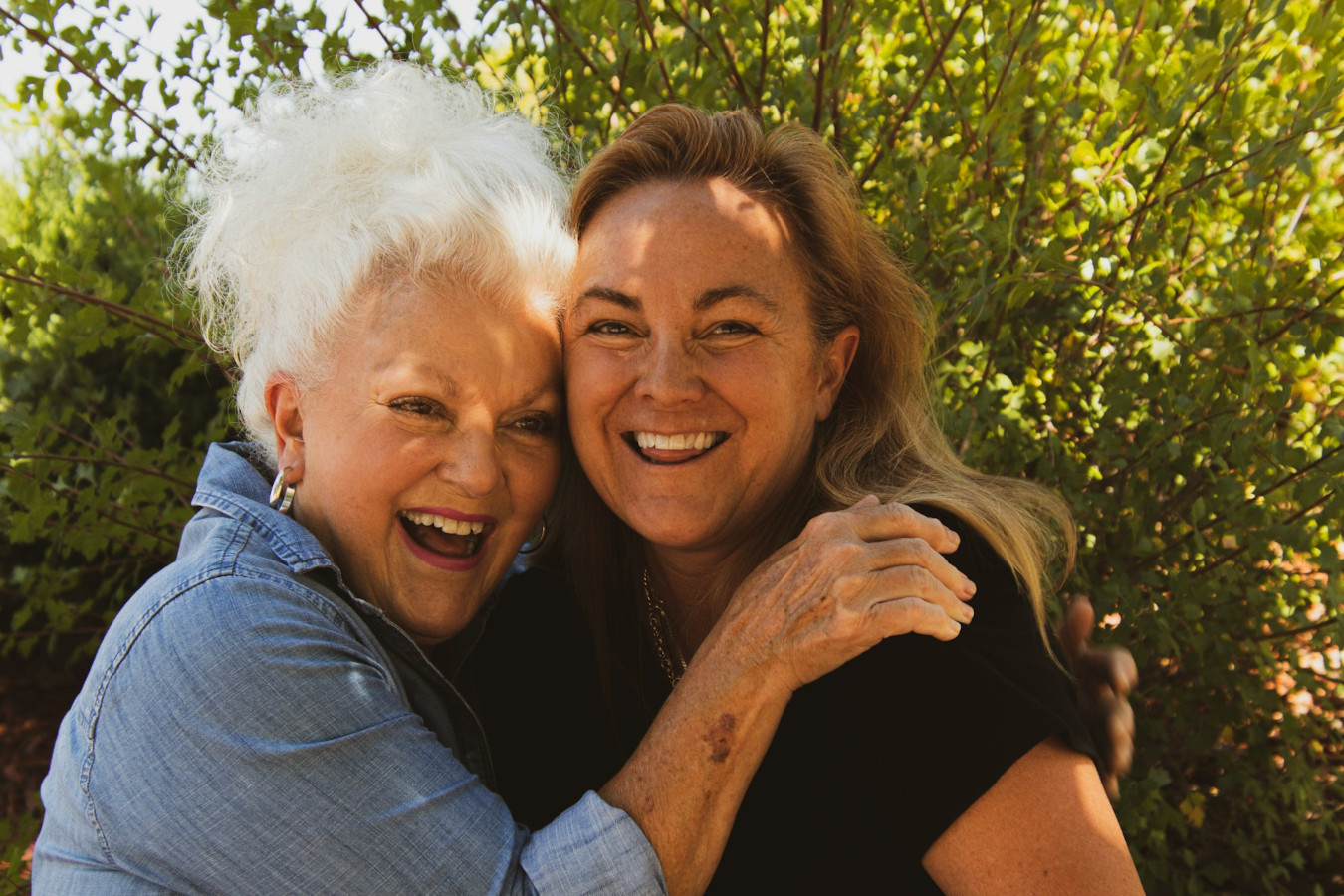Most of us understand that consuming well, working out frequently, and getting adequate sleep can increase our possibilities of living a long, healthy life. However what if something as easy as your outlook on life could also influence the length of time you live?
Current research study supported by the National Institutes of Health (NIH) and the National Institute on Aging (NIA) recommends that optimism is strongly associated with longer life spans. While optimism isn’t a magic bullet, research studies throughout big and diverse populations show that people with a more positive outlook tend to live numerous years longer than their more cynical peers.

As Winston Churchill notoriously said, “A pessimist sees the difficulty in every chance; an optimist sees the opportunity in every problem.” Modern science now suggests that this frame of mind might do more than alter how we deal with obstacles– it might likewise change the length of time we live.
What the Science States About Optimism and Longevity
NIH and NIA findings
The NIA recently summed up evidence from several research studies revealing a link in between optimism and longer lives. According to their report, optimism is connected not just to higher life span however also to better wellness as individuals age (NIA).
Women’s Health Initiative research study
One of the largest examinations originates from the Women’s Health Initiative, where over 159,000 ladies were followed for more than two decades. Researchers found:
- Ladies with the greatest levels of optimism lived about 5% longer than those with the most affordable levels.
- They were also more likely to reach age 90, a turning point scientists call “exceptional durability.”
- Healthy lifestyle habits like workout and diet discussed just about one-quarter of the benefit, implying optimism appeared to matter separately of habits.
(Source: PubMed, Harvard T.H. Chan School of Public Health)
Optimism and “extraordinary longevity”
Another significant study, published in the Procedures of the National Academy of Sciences, followed more than 70,000 individuals. It discovered that people with higher optimism scores were 11– 15% most likely to live longer and most likely to reach innovative ages, even after representing anxiety, chronic diseases, and socioeconomic factors (PNAS).
Optimism in very old age
Significantly, the benefits of optimism don’t vanish as people get older. Research study from the Jerusalem Longitudinal Study discovered that even among people aged 85 to 90, optimism forecasted better survival over the next 5 years (PubMed).
How Optimism Might Assist You Live Longer

The studies are clear: optimism is connected to durability. But why? Researchers suggest a number of paths: 1. Much healthier behaviors Optimists are most likely to exercise, consume nutritious foods, prevent smoking cigarettes, and choose medical checkups. These practices build up over years.
2. Tension buffering
A positive outlook can lower the hazardous results of tension. Optimists tend to have lower levels of cortisol, the tension hormone, which protects versus chronic swelling and cellular damage.
3. Heart health
Optimism is connected to better cardiovascular health. In one Dutch research study, positive individuals had up to a 77% lower danger of dying from heart disease (PMC).
4. Stronger social connections
Positive individuals frequently have richer socials media, and research study consistently reveals that strong relationships are a major predictor of durability.
5. Strength in tough times
As Helen Keller as soon as stated, “Optimism is the faith that results in achievement. Absolutely nothing can be done without hope and self-confidence.” Optimists tend to reframe difficulties constructively, which helps protect psychological health and supports healing from health problem or problems.
A Note of Care
While these findings are amazing, it’s important to remember a couple of things:
- Optimism isn’t a magic bullet. It can’t prevent illness or guarantee you’ll live to 90.
- Correlation doesn’t always mean causation. Much healthier individuals might naturally feel more positive, despite the fact that studies try to manage for this.
- Lifestyle still matters. Workout, nutrition, sleep, and preventive care stay the foundation of healthy aging. Optimism appears to contribute to these advantages, not change them.
- Balance is crucial. Requiring yourself to “remain positive” at all expenses/ often called poisonous positivity/ can backfire. Genuine optimism accepts challenges while maintaining hope.
The Limitations of the Research study
It is very important to keep in mind a few caveats:
- Connection vs. causation: Healthier people may naturally feel more positive, though scientists manage for this in lots of studies.
- Not a guarantee: Optimism alone will not avoid illness or guarantee a long life.
- Cultural distinctions: Optimism may play out in a different way depending on culture and environment.
- Balance matters: Forcing positivity or overlooking real problems– in some cases called “hazardous positivity”– isn’t healthy.
The takeaway? Optimism seems a meaningful factor to longevity, however it works best along with healthy practices like diet, exercise, and sleep.
How to Cultivate Genuine Optimism
The bright side is that optimism isn’t repaired. Research reveals it can be found out and enhanced with practice. Here are evidence-based techniques:
1. Reframe unfavorable thoughts
Use techniques from cognitive behavior modification to acknowledge and reframe unhelpful thoughts.
2. Practice gratitude

Jotting down three things you’re grateful for each day can move focus towards the favorable.
3. Picture positive futures
Spend a couple of minutes picturing beneficial outcomes. This constructs inspiration and hope.
4. Commemorate small wins
Acknowledging progress, even minor, reinforces a sense of control and optimism. I constantly do this and it gives me an exceptional sensation!
5. Strengthen social ties

Surround yourself with supportive people who lift you up.
6. Mindfulness and acceptance
Optimism isn’t denial. Mindfulness assists you acknowledge problems while keeping hope alive.
As the Dalai Lama advises us, “Select to be optimistic, it feels much better.” That sensation often results in healthier habits and stronger durability– both of which support a longer life.
Why This Matters for Healthy Aging
Optimism doesn’t work in isolation– however it appears to function as a multiplier for healthy aging. Combined with great nutrition, workout, sleep, and healthcare, optimism might help extend not simply the length of life, but likewise the quality of those additional years.
As NIH scientists put it: “increasing optimism may be a way to extend life-span and enhance wellness in older adults” (NIH)
Or in the words of Norman Vincent Peale, the author of The Power of Favorable Thinking: “Optimism, when used to life, establishes strength and peace within the mind.”
Final Ideas
The concept that your state of mind can shape your life expectancy is both inspiring and empowering. While we can’t manage every aspect of health, we can select to support optimism in daily life.
The science shows that individuals who look toward the future with hope and strength are more likely to enjoy longer, healthier lives. Optimism might not be a fountain of youth– however it’s an effective ally on the journey to aging well.
Disclaimer: This post is for educational purposes just and is not medical recommendations. The studies referenced program associations in between optimism and longevity, but they can not ensure private results. Constantly speak with a qualified health professional for tailored guidance on health, well-being, and medical conditions.
Picture sources: 1, 2, 3, 4
